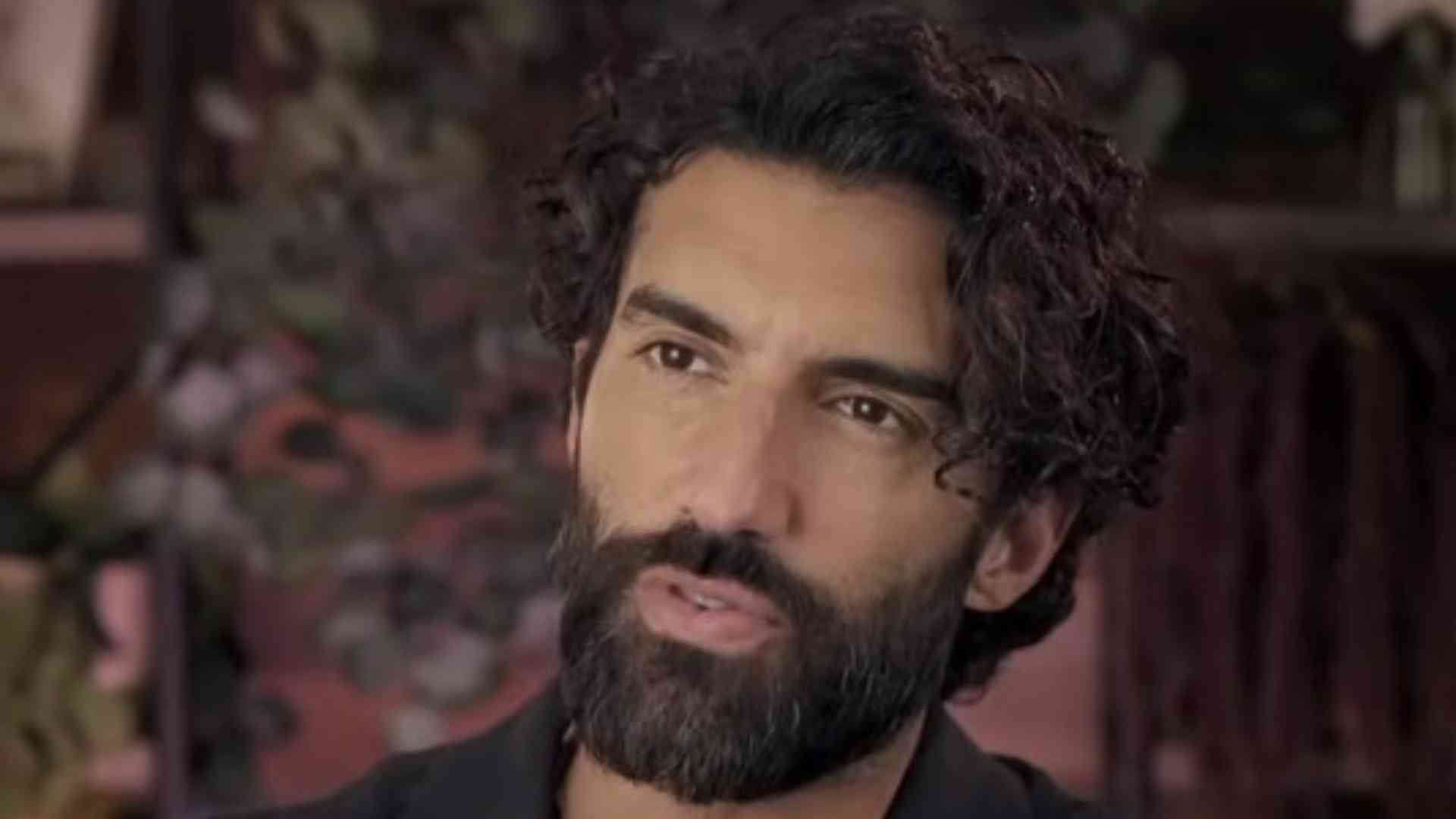Judge Dismisses Justin Baldoni's $400 Million Lawsuit Against Blake Lively

PENNSYLVANIA -- A federal judge on Monday dismissed actor and director Justin Baldoni's $400 million defamation lawsuit against his "It Ends With Us" co-star Blake Lively, dealing a significant setback to the filmmaker in the high-profile legal battle that has captivated Hollywood.
U.S. District Judge Lewis J. Liman also threw out Baldoni's separate $250 million defamation claim against The New York Times, ruling that the actor failed to meet the legal standards required for his claims. The dismissal represents a major victory for Lively, who had faced the countersuit after filing her own sexual harassment complaint against Baldoni.
Background of Legal Dispute
The legal battle began in December 2024 when Lively filed a complaint with the California Civil Rights Department, alleging that Baldoni created a hostile work environment through inappropriate sexual comments and boundary violations during filming of the romantic drama "It Ends With Us". The complaint coincided with a New York Times article detailing allegations that Baldoni hired a public relations team to damage Lively's reputation in retaliation for her harassment claims.
Baldoni and his production company, Wayfarer Studios, responded in January 2025 by filing the $400 million countersuit against Lively, her husband Ryan Reynolds, and their publicist Leslie Sloane. The lawsuit alleged defamation, extortion, and breach of contract, claiming the couple orchestrated a campaign to destroy Baldoni's career and reputation.
Judge's Ruling
In his 132-page opinion, Judge Liman found that Baldoni's legal team failed to demonstrate that Lively was responsible for defamatory statements beyond those made in her civil rights complaint, which are protected by legal privilege. The judge noted that statements made in official complaints to government agencies cannot form the basis of defamation claims.
"The Wayfarer Parties have not alleged that Lively is responsible for any statements other than the statements in her CRD complaint, which are privileged," Liman wrote in the court filing. The judge also ruled that Baldoni failed to prove that Lively's demands regarding working conditions constituted "wrongful extortion" rather than legitimate workplace negotiations.
Regarding The New York Times, Liman determined that "the alleged facts indicate that the Times reviewed the available evidence and reported, perhaps in a dramatized manner, what it believed to have happened." The judge found no evidence that the newspaper had an obvious motive to favor Lively's version of events.
Actual Malice Standard
A key factor in the dismissal was Baldoni's failure to meet the "actual malice" standard required in defamation cases involving public figures. This legal standard, established by the Supreme Court in New York Times v. Sullivan, requires plaintiffs to prove defendants made false statements with knowledge of their falsity or with reckless disregard for the truth.
Judge Liman found that Baldoni's legal team did not establish that Reynolds, Sloane, or The New York Times "would have seriously doubted these statements were true based on the information available to them, as is required for them to be liable for defamation under applicable law."
Attorneys' Responses
Lively's attorneys, Esra Hudson and Mike Gottlieb, hailed the ruling as a complete vindication. "Today's opinion is a total victory and a complete vindication for Blake Lively, along with those that Justin Baldoni and the Wayfarer Parties dragged into their retaliatory lawsuit, including Ryan Reynolds, Leslie Sloane and The New York Times," they said in a statement.
The attorneys characterized Baldoni's lawsuit as "a sham" and indicated they would seek attorneys' fees, treble damages, and punitive damages against Baldoni and the Wayfarer parties. "We look forward to the next round, which is seeking attorneys' fees, treble damages and punitive damages against Baldoni, Sarowitz, Nathan, and the other Wayfarer Parties who perpetrated this abusive litigation," they added.
Sigrid McCawley, representing publicist Leslie Sloane, said her client "stands fully vindicated, and justice has been served." Representatives for Baldoni did not immediately respond to requests for comment.
Limited Opportunity to Refile
While dismissing the bulk of Baldoni's claims, Judge Liman gave the actor's legal team until June 23 to file an amended complaint regarding allegations of tortious interference with contract and breach of implied covenant of good faith and fair dealing. However, the core defamation and extortion claims cannot be refiled.
The judge denied Lively's request for attorneys' fees and sanctions "without prejudice," meaning her legal team can renew these requests in the future.
Film's Success Despite Controversy
"It Ends With Us," based on Colleen Hoover's bestselling 2016 novel about domestic violence, was a box office success, earning approximately $50 million during its August 2024 opening. However, the film's promotional campaign was overshadowed by rumors of tension between the co-stars, with observers noting that Lively and Baldoni appeared to avoid each other during press events.
The controversy deepened when Lively faced criticism on social media for what some perceived as a tone-deaf approach to promoting a film dealing with domestic abuse. According to court documents, this backlash was allegedly part of a coordinated public relations effort by Baldoni's team.
Ongoing Legal Proceedings
Lively's original federal lawsuit against Baldoni for sexual harassment and retaliation remains pending. In that case, she alleges that Baldoni and producer Jamey Heath created a hostile work environment and orchestrated a smear campaign after she complained about workplace conditions.
The actress recently dropped two claims from her lawsuit related to emotional distress after Baldoni's legal team requested access to her medical records and therapy notes. However, her attorneys characterized this as "streamlining and focusing" the case rather than a retreat from her core allegations.
Women's Rights Organizations Weigh In
In June 2025, 14 women's rights organizations, including the National Organization for Women, filed an amicus brief supporting Lively's allegations. These groups accused Baldoni of using "DARVO" tactics – deny, attack, and reverse victim and offender – to discredit and silence his accuser.
The dismissal of the countersuit removes a significant legal obstacle for Lively as her harassment case against Baldoni moves forward. The ruling also represents a victory for press freedom advocates, as it upholds the principle that news organizations can report on matters of public concern without facing retaliatory litigation when they act in good faith.
This case highlights the complex intersection of workplace harassment allegations, celebrity culture, and defamation law in the entertainment industry, with both sides using aggressive legal strategies in their dispute over the production and promotion of a major Hollywood film
